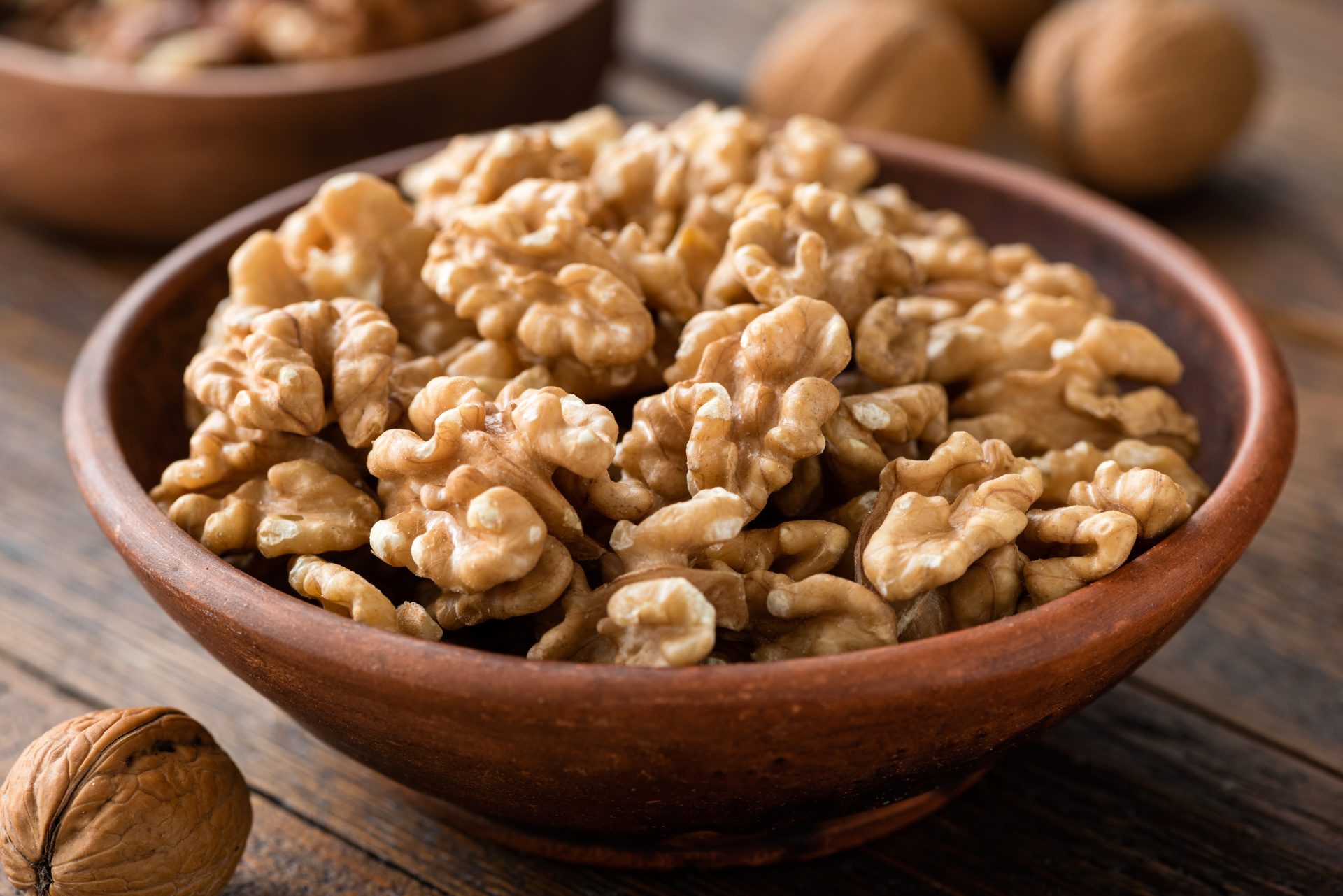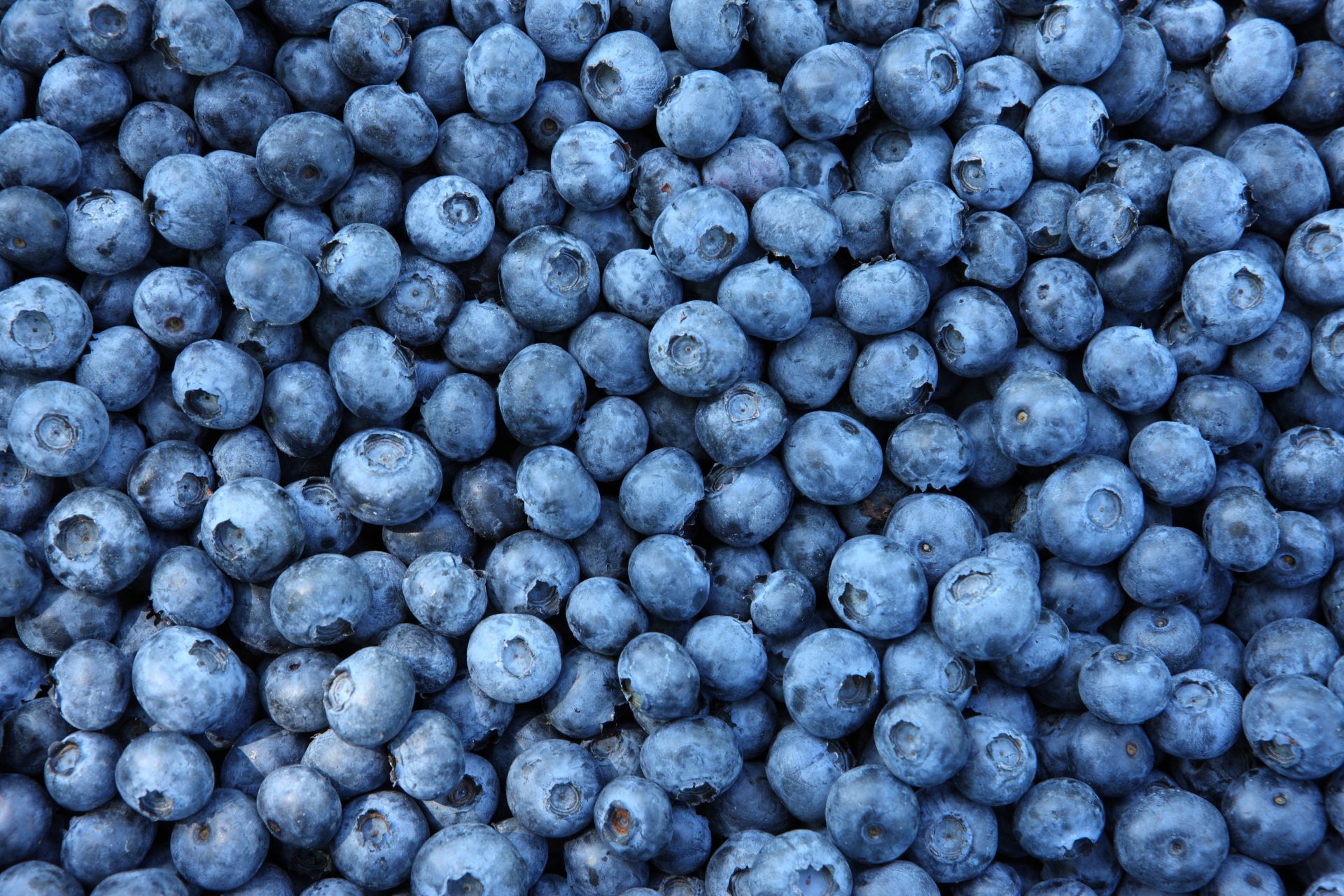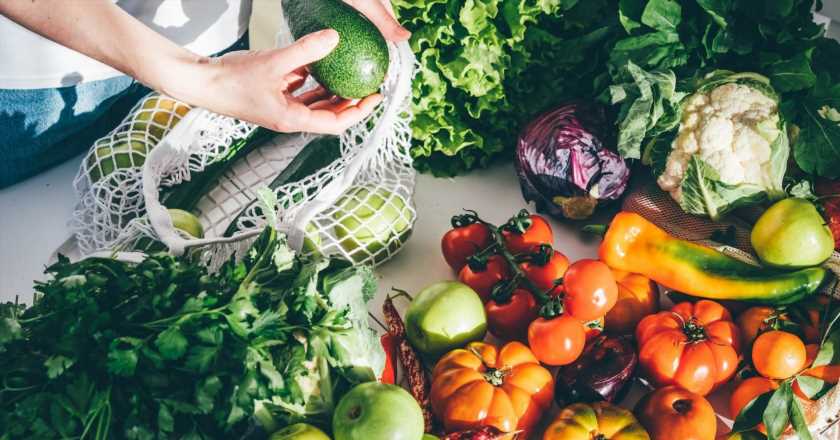Fruits and vegetables are the most important way to improve your mental health.
Eating for your brain isn’t a new concept. My mum used to tell me about being made to swallow fishy omega-3s for her brain health back in the 70s, and recent conversations around the production of serotonin has shown that protein-rich foods like eggs help support our mood.
But if you’re eating for your mental health, don’t overlook the benefit of plants. Not just because they contain the all-important fibre, but also because of their phytonutrients.
“’Phyto’ means ‘plant’, so these are compounds that can only be found in plant-based foods,” explains James Vickers, a registered nutritionist at Vitality. “They include compounds such as carotenoids, polyphenols, resveratrol and isothiocyanates, which can be found in fruits, vegetables, legumes, grains and tea.”
You may also like
30 plants a week: “I ditched five-a-day for a plant-based fruit and veg challenge”
What are the brain benefits of phytonutrients?
“Phytonutrients have anti-inflammatory and antioxidant properties which can reduce free radicals – unstable atoms that can damage cells, causing illness and ageing,” explains Vickers.
When it comes to brain health, their benefits lie in how they influence the gut-brain axis. In a 2020 review, researchers noted that olive oil and other high-fat foods, in particular, have anti-inflammatory effects due to their high polyphenol content, which prevents intestinal microbes from making compounds that damage blood vessels.
Researchers concluded that these compounds are ‘brain foods’ because of the long-term cognitive benefits they have.

Other studies show more immediate benefits to brain health when eating phytonutrients. In a 2014 paper, those who ate olive oil and walnuts had significant improvements in their memory and cognition. There’s no way to tell, however, if this was down to the high-fat nature of these foods – crucial for supporting brain function – or if it was down to the phytonutrients themselves.
“Although there is nothing conclusive to fully show phytonutrients supporting mental health, there will be more research into this in the coming years and there are many other benefits of phytonutrients for general health,” says Vickers.
And it’s probably not a coincidence that a 2016 study of 12,385 Australian adults over 24 months found that increasing fruit and vegetable intake was positively associated with happiness, life satisfaction and wellbeing, to the extent that the improvements were equal in measure to the psychological impact of transitioning from unemployment to employment.
You may also like
Omega-3: a dietician explains the benefits of fatty acids
In a study of 60,404 people just a year later, fruit and vegetable intake was again associated with a lower prevalence of psychological distress.
And, in a 2019 review from the Journal Of Nutrition And Metabolism, researchers suggested that both of these studies prove phytonutrients have a diverse and impactful effect on the body.
How to eat more phytonutrients
Diversity is key when it comes to fruit and veg. Eating a huge variety is key for getting all of the different types of fibre, vitamins, minerals and phytonutrients. But don’t just eat your greens – that same Journal Of Nutrition And Metabolism paper explains that colour is where the plant chemicals are their most potent. “Colorful pigment… typically corresponds to a phytonutrient or phytonutrient category,” researchers write.

They say that orange foods, such as carrots, are typically sources of beta-carotene; greens are full of chlorophyll; and purple foods, like aubergine and blueberries, are packed with flavonoids. For mental health, the latter group is linked with the most potent effects – grapes have been shown to modulate brain-derived neurotrophic factor (BDNF) that supports neural plasticity. Meanwhile, blueberries are shown to be one of the most effective ways to improve concentration because of their flavonoid content.
“This doesn’t mean you have to eat these foods on their own or in huge amounts by snacking on handfuls of spinach or entire punnets of grapes. Instead, simply look to increase the amount of these foods by introducing them as additions to your meals rather than make drastic changes to your diet,” explains Vickers.
Images: Getty
Source: Read Full Article
